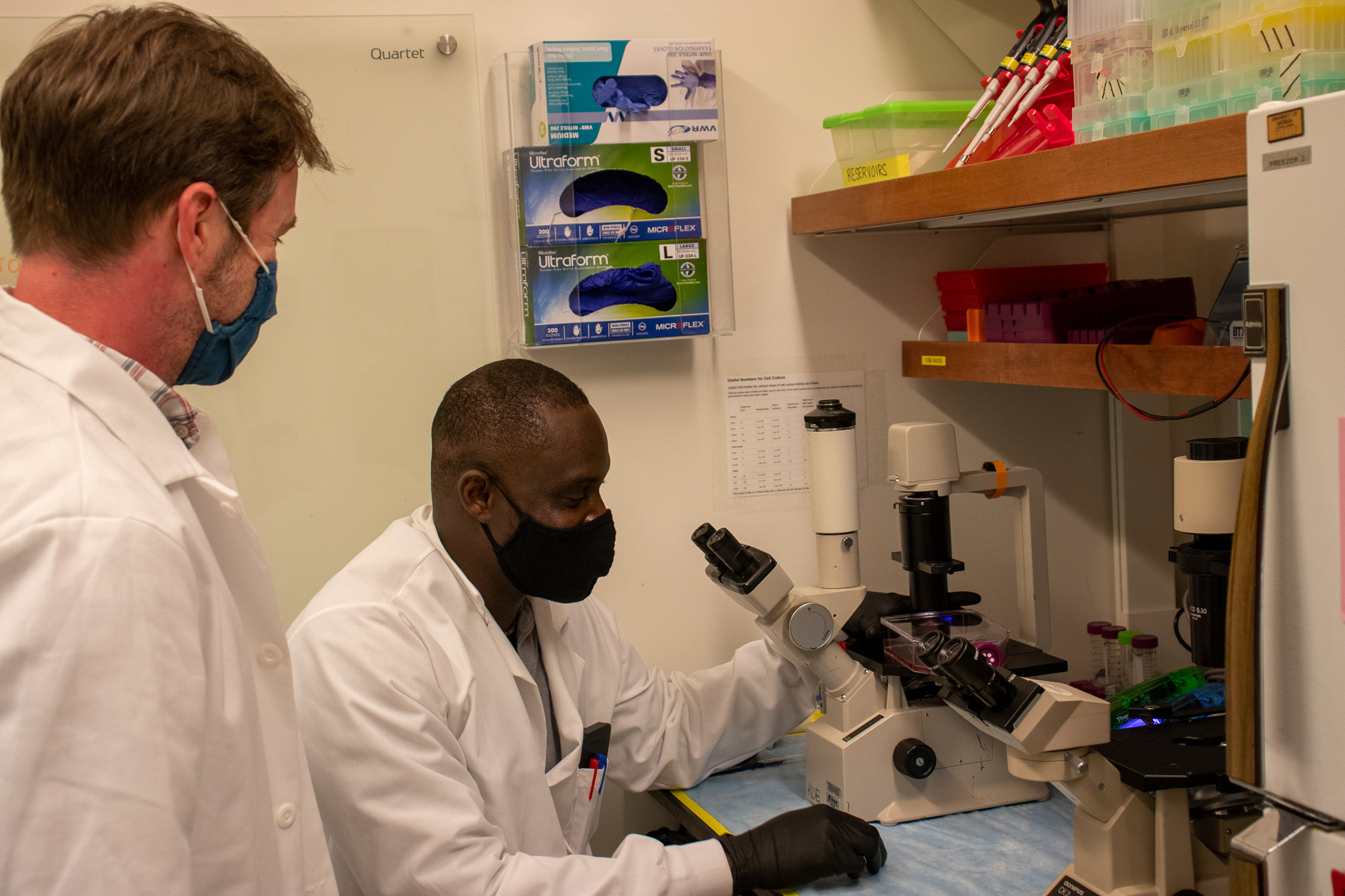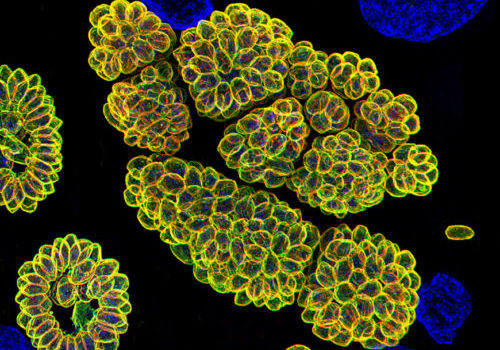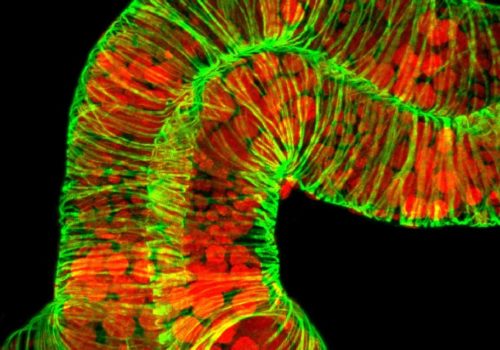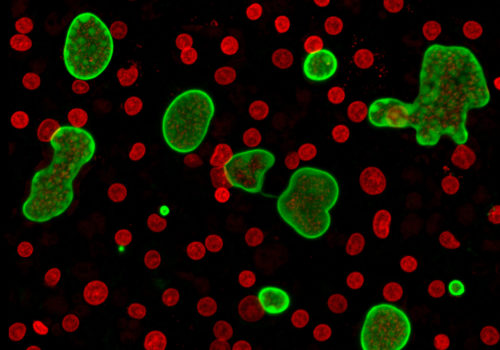Apply




Eligibility: Candidates for positions on this NIH-funded training grant must be citizens or permanent residents of the United States. Inquiries should be directed to Dr. Silvia Moreno, T32 Director.
Pre-doctoral Fellowships
The competition for the five predoctoral positions on the CTEGD T32 Training Grant occurs each May and applications are done in conjunction with your faculty advisor. Interested graduate students should be at least in their 2nd year of study when applying.
Eligibility:
- To be eligible trainees must be US citizens or Permanent Residents.
- Candidates must be working in a CTEGD laboratory.
- All trainees must be willing to participate regularly in CTEGD activities, such as Research in Progress sessions and Annual Symposium.
- Predoctoral trainees must take the courses Global Perspectives in Tropical and Emerging Infectious Diseases (MIBO/PBHL/IDIS/BHSI 8260) and Biology of Parasitism (CBIO 8500).
- All trainees must be trained in the responsible conduct of research (courses available are GRSC 8550, VETM 8550, CBIO 8080 or Gene 8650).
- If possible, predoctoral trainees must be willing to participate in a “Capstone Experience”, and show interest in continuing their research training in an area of parasitology. They should intend to continue in this field.
Application Process
Application material should be submitted as a single PDF.
- A cover letter from the applicant highlighting career goals and her/his willingness to comply with the above stipulations. Please, include an explanation of how the T32 fellowship would contribute to achieving career goals. (1-2 pages).
- A biosketch following the NIH format highlighting education (dates, locations, GPAs), research experience, presentations, publications, and sources/amounts/dates of assistantships or fellowships. Predocs may include grad level courses taken and grades earned. (2 pages)
- A research proposal of 2 pages (single-spaced) in length plus bibliography.
- Mentors should submit a nomination letter, a training plan for the candidate and a list of current support available for the candidate’s project. A biosketch is acceptable as long as it includes the available funding for the student’s project.
- Candidates who apply from outside CTEGD to join the laboratory of a CTEGD member should include, in addition to the materials described above, two additional letters of recommendation.
Post-doctoral Fellowships
The competition for the two postdoctoral position on the CTEGD T32 NIH Training Grant occurs each May and applications are done in conjunction with one of the faculty members of the CTEGD. Therefore, interested candidates should contact the faculty member with whom they would like to pursue postdoctoral training and then, in consultation with the faculty member, the candidate should develop an application that will be evaluated by the CTEGD Training Grants Committee. The application needs to include the following items:
- Your complete CV
- A letter from you describing your interest in CTEGD and your future plans
- A letter from your proposed CTEGD mentor
- 2 letters of reference
- The deadline for submission of an application is in March of each year, with the actual date being posted on our website several weeks in advance of the due date.
It is suggested that those interested in applying should visit the faculty profiles, and then contact the PI or PIs with whom you have the most interest in working, and pursue the possibilities based on your interests and their options.
- You must be a US citizen or permanent resident
- Salary for the postdoctoral position is determined by the salary scale published by the NIH each year for such positions (information for FY 2020).
- As with all training grant positions, this is a one year award with the possibility of a second year based on performance and training grant contingencies.
- Since this is a NIH/NRSA training grant, there is a pay-back requirement involved, and a completed Payback Agreement (PHS Form 6031) needs to be submitted for each postdoctoral trainee. This form and a discussion of the pay-back provisions can be found here. This payback is often satisfied by continued research employment following one’s training period.
- While postdoctoral scholars on the CTEGD Training Grant will receive most of their training through their specific research projects with their mentors, being on the T32 Training Grant does carry with it some participatory obligations within CTEGD. As outlined in the original grant application, these are:
- Regular participation in the CTEGD RIP seminar series
- Participation in the CTEGD Research Ethics Seminar or an equivalent participation in another suitable series on responsible research practices
- Auditing the Global Perspectives in Tropical and Emerging Infectious Diseases course.
At the end of the first year on the Training Grant, and prior to leaving the program, should that be at a later time, postdoctoral trainees will prepare a progress report containing a self-evaluation and present it to their mentor. Within two weeks the mentor will review it, make additional comments as needed, sign and returned it to the trainee. The trainee will then present the progress report to the Program Director for discussion. The progress report will be evaluated by the Program Director and considered by the CTEGD Training Grant Committee if an additional year’s funding is requested. This process is designed to assist you and the Training Grant Committee in monitoring progress and offering assistance when deemed potentially useful.
Application
CTEGD T32 Training Grant: “Training in Tropical and Emerging Global Diseases”
Instructions for Trainee Applications
DEADLINE:
Graduate students working in CTEGD T32 Training laboratories are invited to apply for a fellowship of the program “Training in Tropical and Emerging Global Diseases”
Potential candidates should be working in a CTEGD/T32 training laboratory and their research should focus on research areas of high interest to the CTEGD.
ELIGIBILITY, REQUIREMENTS and EXPECTATIONS of T32-trainees:
- To be eligible trainees must be US citizens or Permanent Residents.
- Pre-doctoral candidates must be working in a CTEGD laboratory that is funded by the NIH or other federal agency. The proposed project should focus in areas of high priority to the training grant: diseases caused by parasites.
- All trainees (and mentors) must be willing to participate regularly in CTEGD activities, such as Special Seminars, Research in Progress and the CTEGD Annual Symposium. In addition, trainees are expected to interact with special invited seminar speakers, and also to participate actively in graduate recruitment events.
- Pre-doctoral trainees must take the courses Global Perspectives in Tropical and Emerging Infectious Diseases (MIBO/PBHL/IDIS/BHSI 8260) and Biology of Parasitism (CBIO 8500).
- All trainees must be trained in the responsible conduct of research (courses available are GRSC 8550, VETM 8550, CBIO 8080 or Gene 8650).
- If possible, pre-doctoral trainees must be willing to participate in a “Capstone Experience”, and show interest in continuing their research training in an area of parasitology. They should intend to continue in this field.
- Trainees must participate in seminars and discussions of Rigor and Reproducibility or other Professional Development Activities organized by the CTEGD
MATERIALS TO BE SUBMITTED BY APPLICANT:
- A cover letter from the applicant highlighting career goals and her/his willingness to comply with the above stipulations.
- A biosketch following the NIH format (forms and examples attached) including a personal statement, contributions to science, scholastic performance, awards, etc. Use the attached bios as examples.
- A research proposal 2 pages (single-spaced) in length plus bibliography. Project should include a title and the sections: Introduction, specific aims and experimental plan including preliminary findings if available.
MATERIALS TO BE SUBMITTED BY MENTOR:
- A nomination letter addressing
-
- Student’s aptitude and motivation for research.
- Student’s likelihood of successfully completing program.
- Student’s progress toward completing project and working independently.
- Student’s projected completion date.
- Training plan for the candidate addressing the individual opportunities and needs of the trainee to achieve career goals. This could be part of the nomination letter.
- List of current support available for the candidate’s project. A biosketch is acceptable as long as it includes the available funding for the student’s project.
All materials of new applicants should be compiled into one pdf (following the order of the requests) and submitted to Silvia Moreno smoreno@uga.edu) WITH THE APPLICANT’S NAME IN THE SUBJECT LINE.
